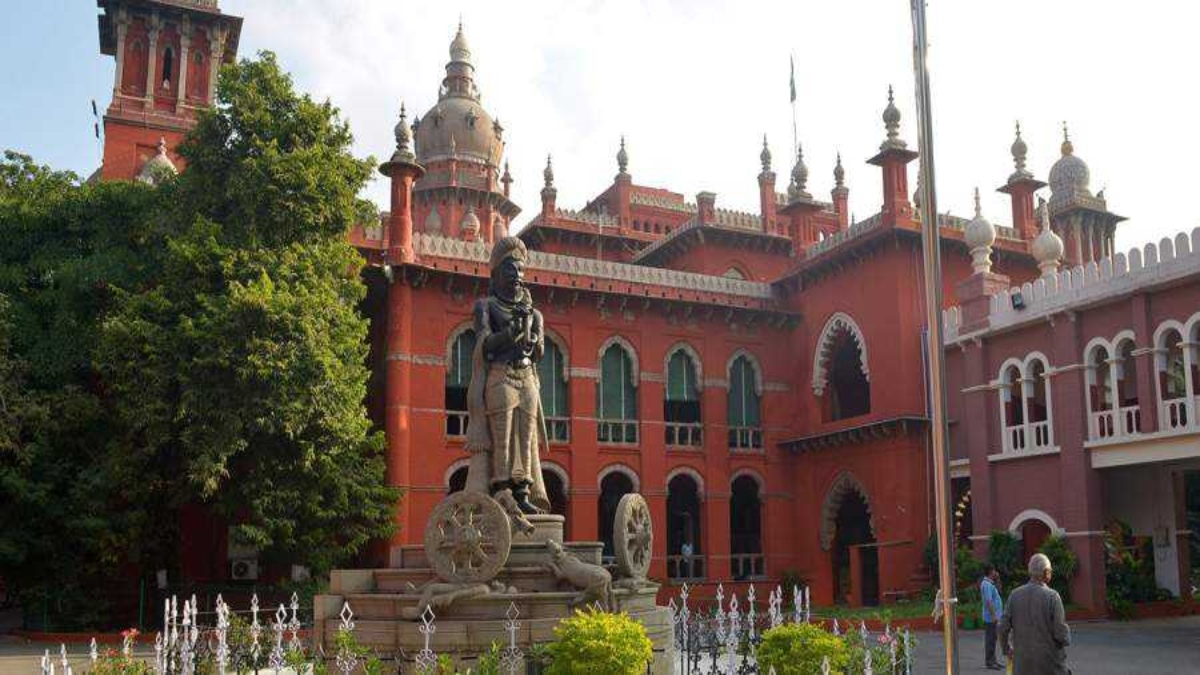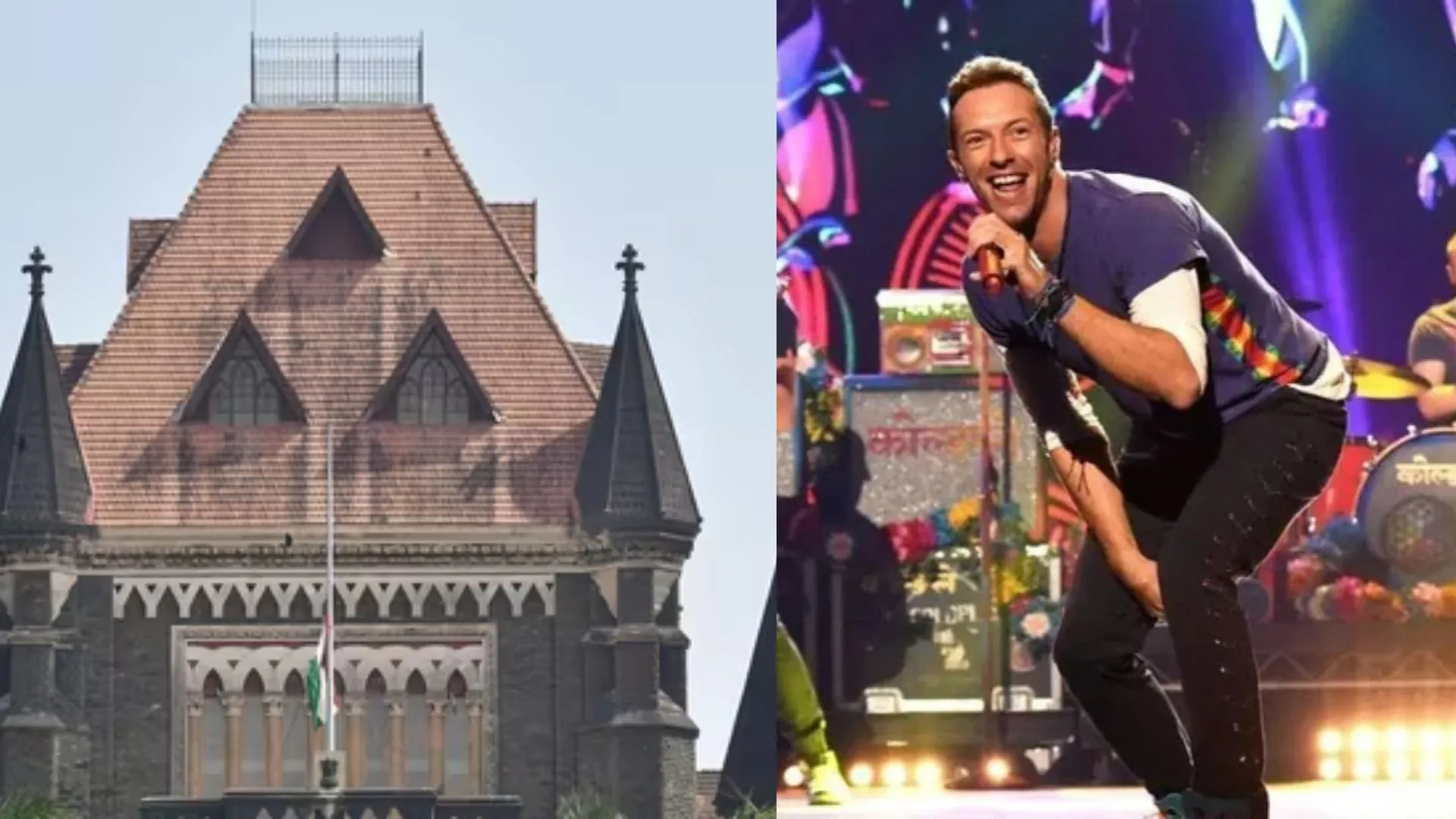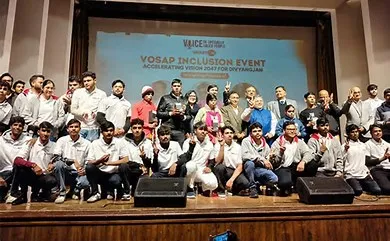The Court in the case S.Ravi Selvan v. Central Board of Indirect Taxes & customs and others, while dismissing a a challenge against the formation of an Internal Complaints Committee, the Madras High Court observed that the formation of the Internal Complaints Committee was under the Central Civil Services (the Classification, Control and Appeal) Rules, 1965. Therefore, the challenge would fall within the scope of the Administrative Tribunals Act 1985 and could not be dealt with by the High Court under Article 226 of the constitution.
The bench of Justice Abdul Quddhose opined that the petitioner should have taken up the matter with the Administrative Tribunal dealing with service matters and not approach the High Court in the first instance.
It was observed that no government servant will be entitled to approach the High Court as a Court of first instance challenging an order passed by the Government regarding a service matter. Infact, it has been held by the Honourable Supreme Court that even in a case where the vires of a statute is challenged, it will not be open for the litigants to approach the High Courts directly. In the present case, the petitioner was also a Principal Commissioner of Customs, had challenged the constitution of the ICC which had been constituted upon a complaint by an IRS Officer. Thus, the petitioner challenged the constitution as being an abuse of process of law. He submitted that the complaint suffers from malafides and was a counter blast to an investigation being conducted in a scam. Further, Rule 7 of the Sexual Harassment of women at Workplace (Prevention, Prohibition and Redressal) Rules, 2013 had also been violated.
Also, the petitioner challenged the application of the Act as the petitioner and the complainant never shared a same workplace. The petitioner contended that the committee consisted of members who were biased against the petitioner and that the complaint was barred by limitation as per Section 9 of the Act. It was discussed by the Court in detail the contentions put forward by the petitioner. It was observed by the Court that the POSH Act 2013 does not restrict its applicability to an employee alone. Section 2(a) of the Act makes it clear that the complainant does not need to be an employee. Thus, it is not necessary that both the respondent and the petitioner have to work in the same department.
It was noticed by the Court that the committee was constituted properly in accordance with the Act by the CBIC under whom both the petitioner and the fourth respondent (complainants) are employed which is a Central Government Department. Further, the complainant made the veracity of the allegations which has to be investigated into by the committee and any interference by the Court would have been premature. Also, the court held that the allegations made by the petitioners are bias and malafides against some of the members in the committee was not supported by any evidence. The mere fact was that the members were working in the same department as the complainant and the petitioner cannot be a reason for alleging bias against them, unless it is proved through conclusive evidence. It was also contended by the petitioner that the entire complaint was made maliciously in response to an investigation. These facts however had to be looked into by the committee.
Thus, the court held that the matters needed adjudication by the Administrative Tribunals and warranted no interference of High Court.
The Court observed that the subject matter of the writ petition deals with the action of the respondent department with regard to a “Misconduct” under the service rules and the constitution and under the Service Rules, the conduct of the Internal Complaints Committee. Subsequently, this falls within the definition of Section 3(q)(iv) of the Administrative Tribunals Act, 1985, which is excluded from the purview of the writ jurisdiction.
The Court also observed that the case of the petitioner’s does not fall any of the extraordinary circumstances for the court to entertain the petition under Article 226 of the constitution. The Court finding the petition to be not maintainable. Accordingly, the court finding the petition is not maintainable and the same is dismissed.























